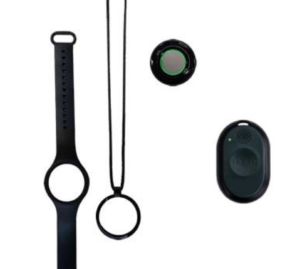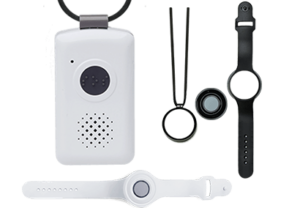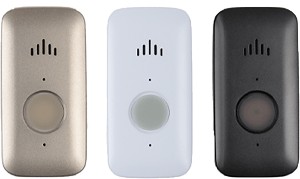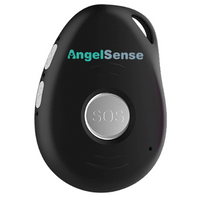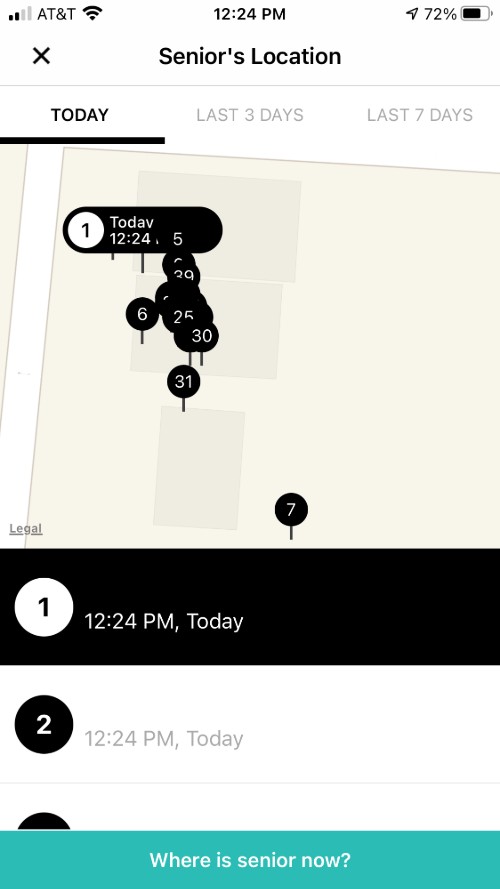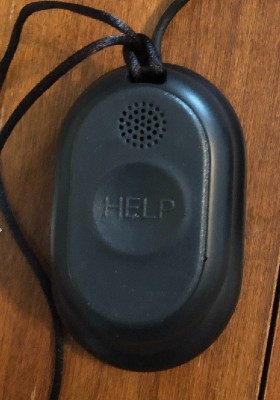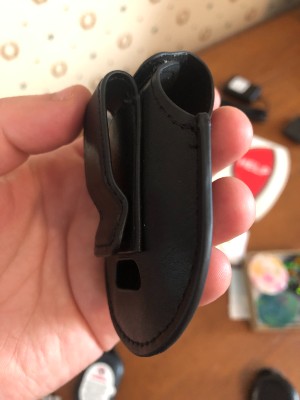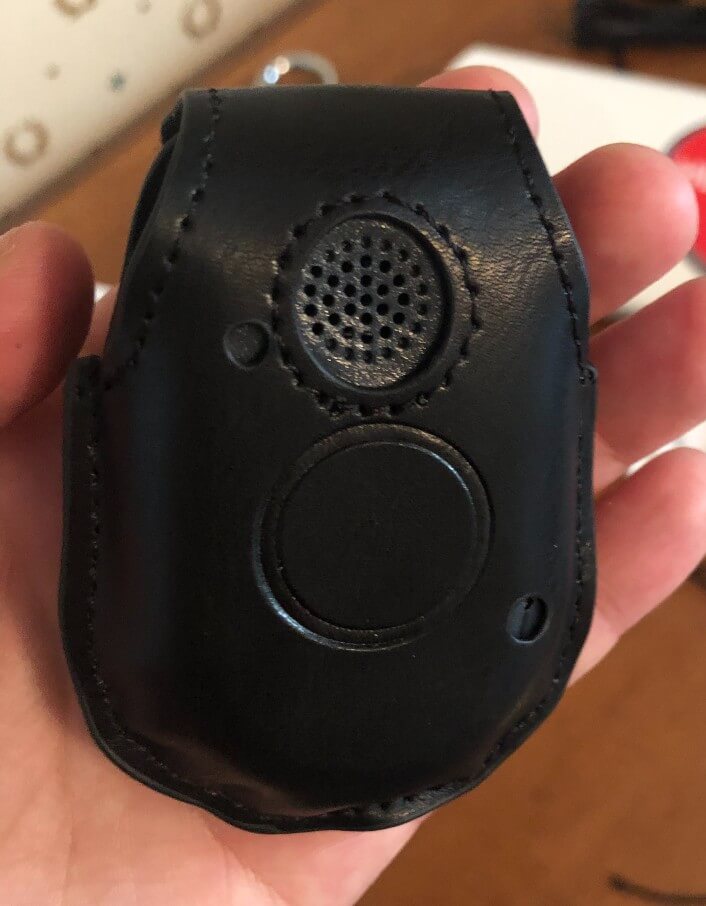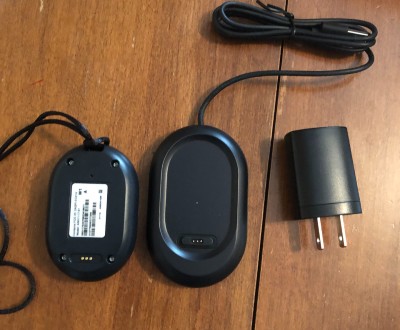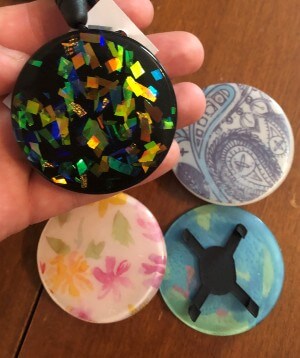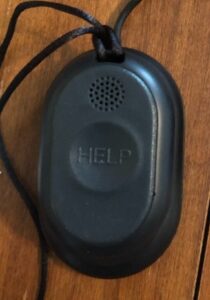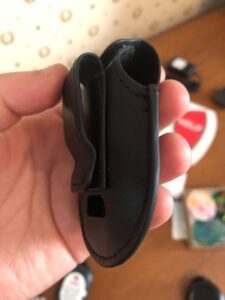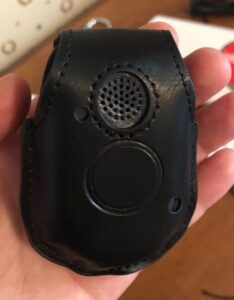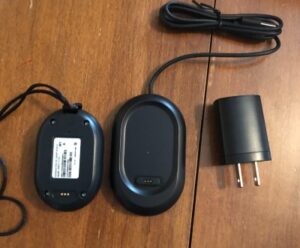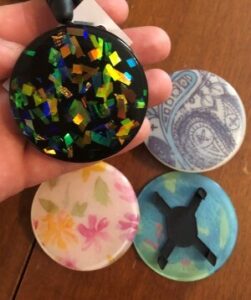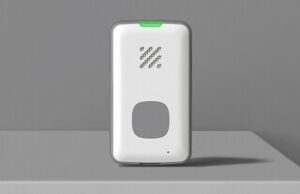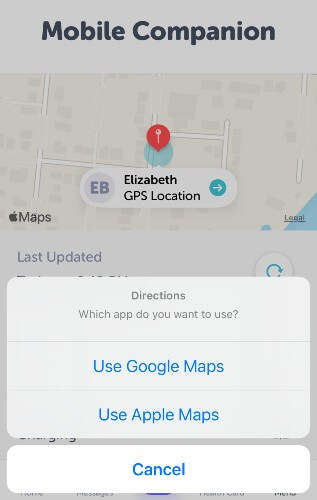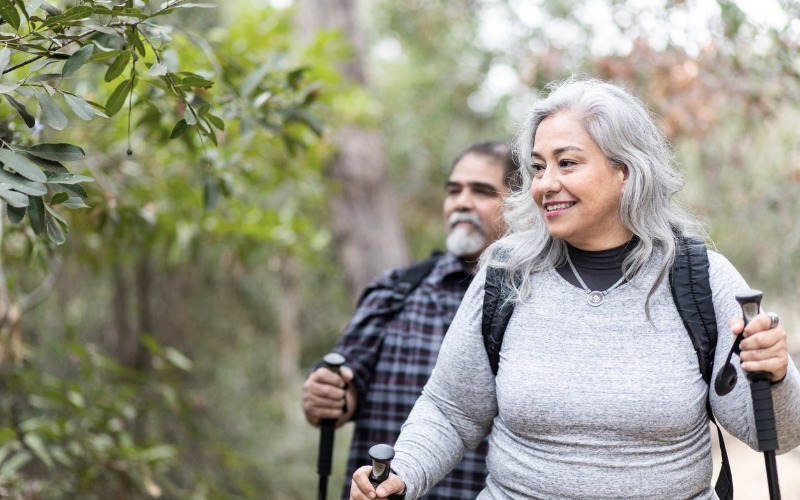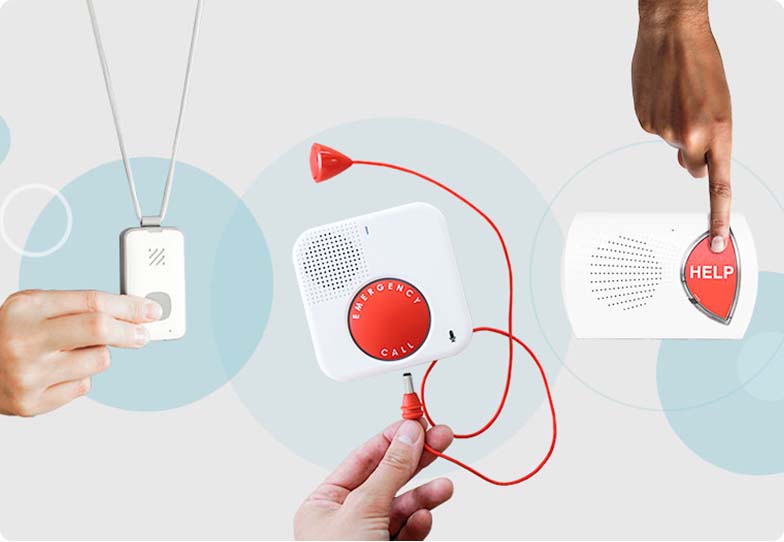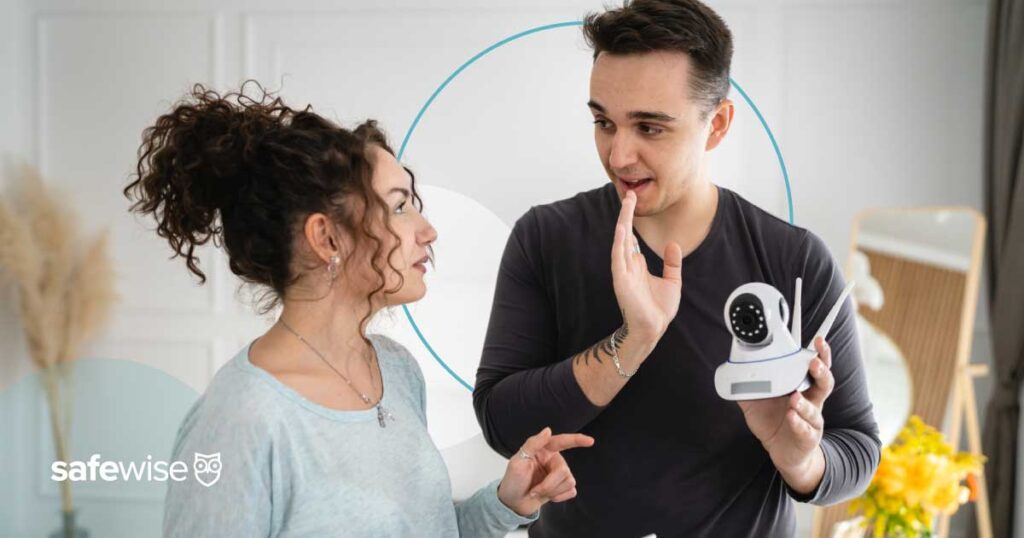Our search for the best GPS medical alert began with research into GPS technology. We learned that GPS systems have an inherent flaw: they work best outside with no obstructions like trees or skyscrapers interrupting the signal between the satellite and the receiver. That’s not very helpful when trying to locate someone who could’ve gotten lost in an apartment building, a Walmart, or even a wooded park.
So, we looked into other technology. The best medical alert GPS trackers supplement GPS technology with LTE cellular, Wi-Fi, and Bluetooth networks. By combining location data from multiple sources, it’s possible to get a more accurate location estimate. This is critical for not only finding someone during an emergency but also for avoiding false alarms. For example, you might be spurred into unnecessary action and panic if the GPS tracker showed your loved one supposedly inside the county jail or a local hospital.
Therefore, we prioritized trackers with multiple types of location tech.
Our next question was, “Which GPS trackers let caregivers see the device’s location?” We know that many people want to know exactly where their loved one is in the event of an emergency. But a few GPS medical alerts keep that information under wraps, only sharing it with first responders. We prioritized trackers that not only give caregivers location access but do so in a user-friendly way, such as through interactive caregiver apps rather than text-based location alerts.
In the event someone does get lost, the GPS tracker should send a signal for as long as possible. Because batteries tend to wear out faster when people are constantly refreshing the device’s location, we prioritized trackers with longer battery life.
We also wanted to make sure these worked well as medical alerts, not just as GPS trackers. We looked for lightweight options that people would be more likely to wear and use. Other factors we considered include two-way calling capabilities, automatic fall detection, and company reputation based on user reviews from the Better Business Bureau, Trustpilot, and Consumer Affairs.
Once we narrowed down our list of GPS medical alerts, we wanted to test as many as possible to make sure they worked well in real life and didn’t just look good on paper. We have tested GPS trackers from Bay Alarm Medical, AngelSense, and Aloe Care Health. Our tests focused on GPS accuracy, app quality, battery life, audio quality, and ease of use. We wore the GPS trackers throughout the day, set up geofences, and placed test calls to the monitoring center. (No first responders are dispatched—we told them we were just testing the equipment, which is something they encourage all users to do.)
Finally, we ranked the best GPS medical alerts based on our editorial experience and the previously-identified performance-critical technical specifications.
See our methodology page to learn more about how we rank and review products at SafeWise.
